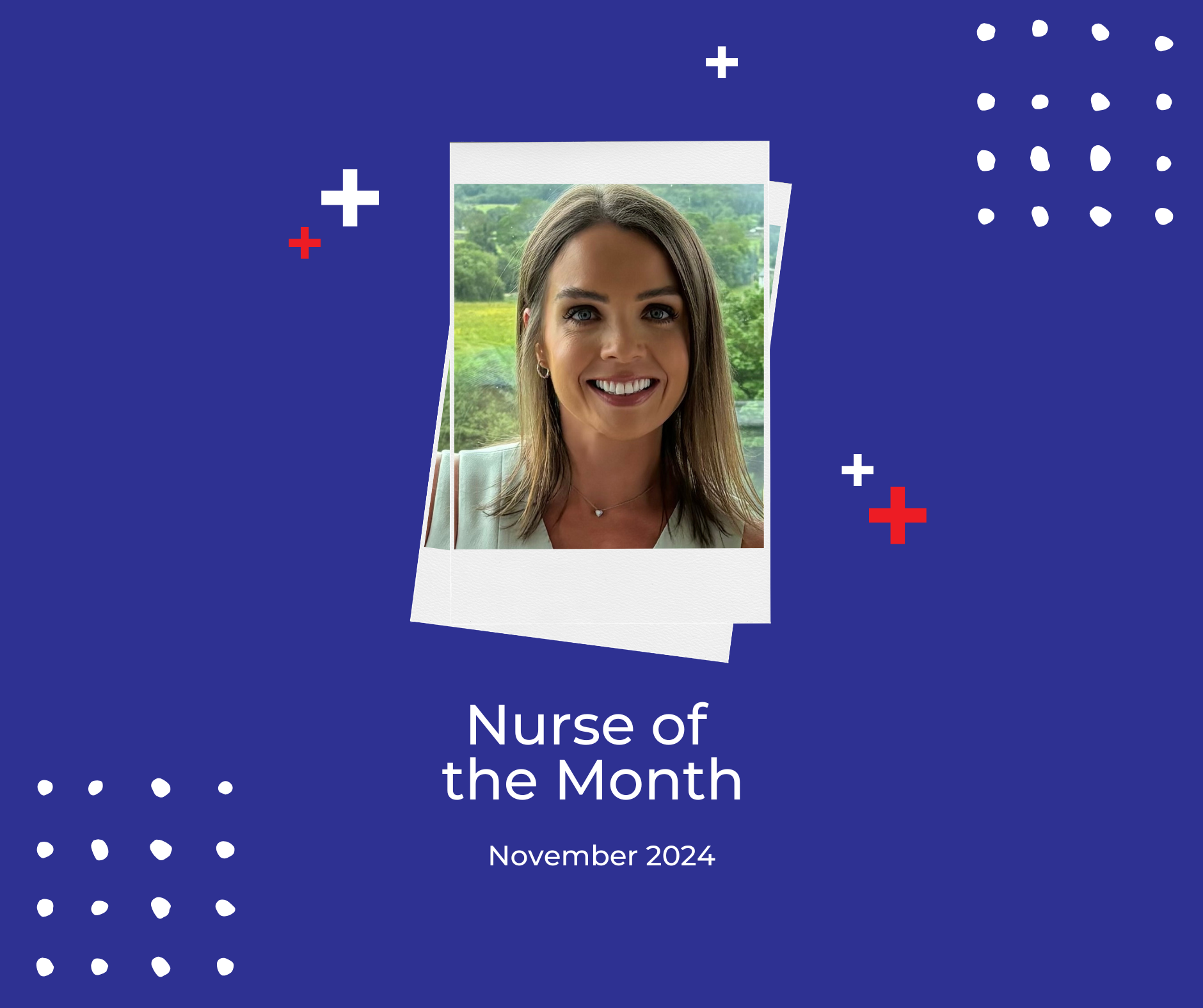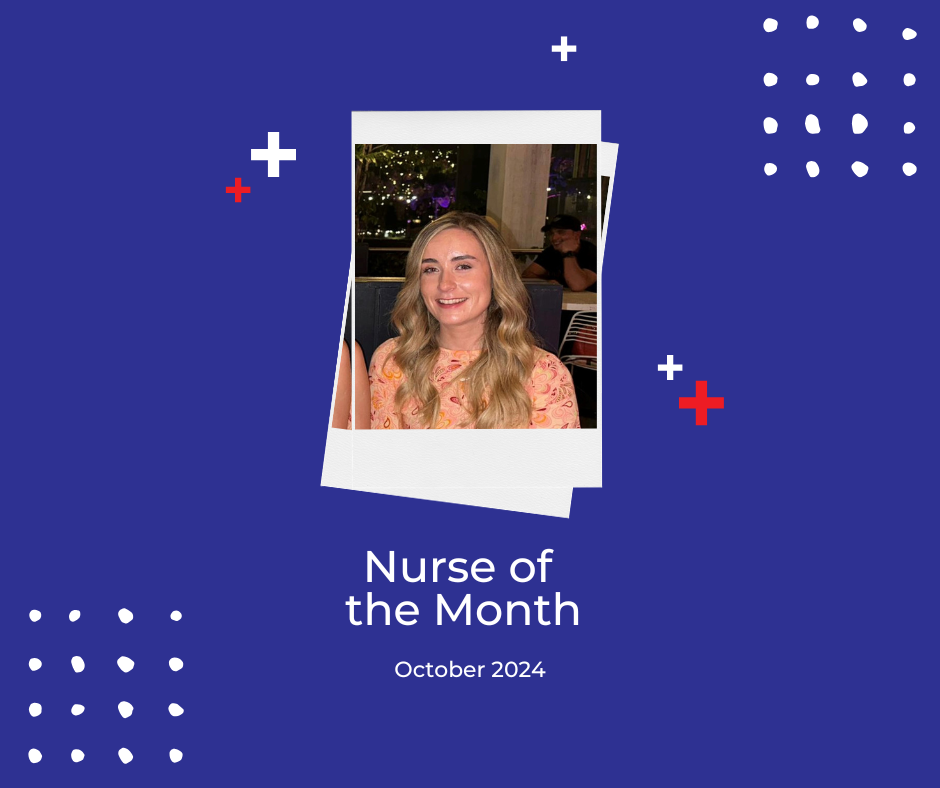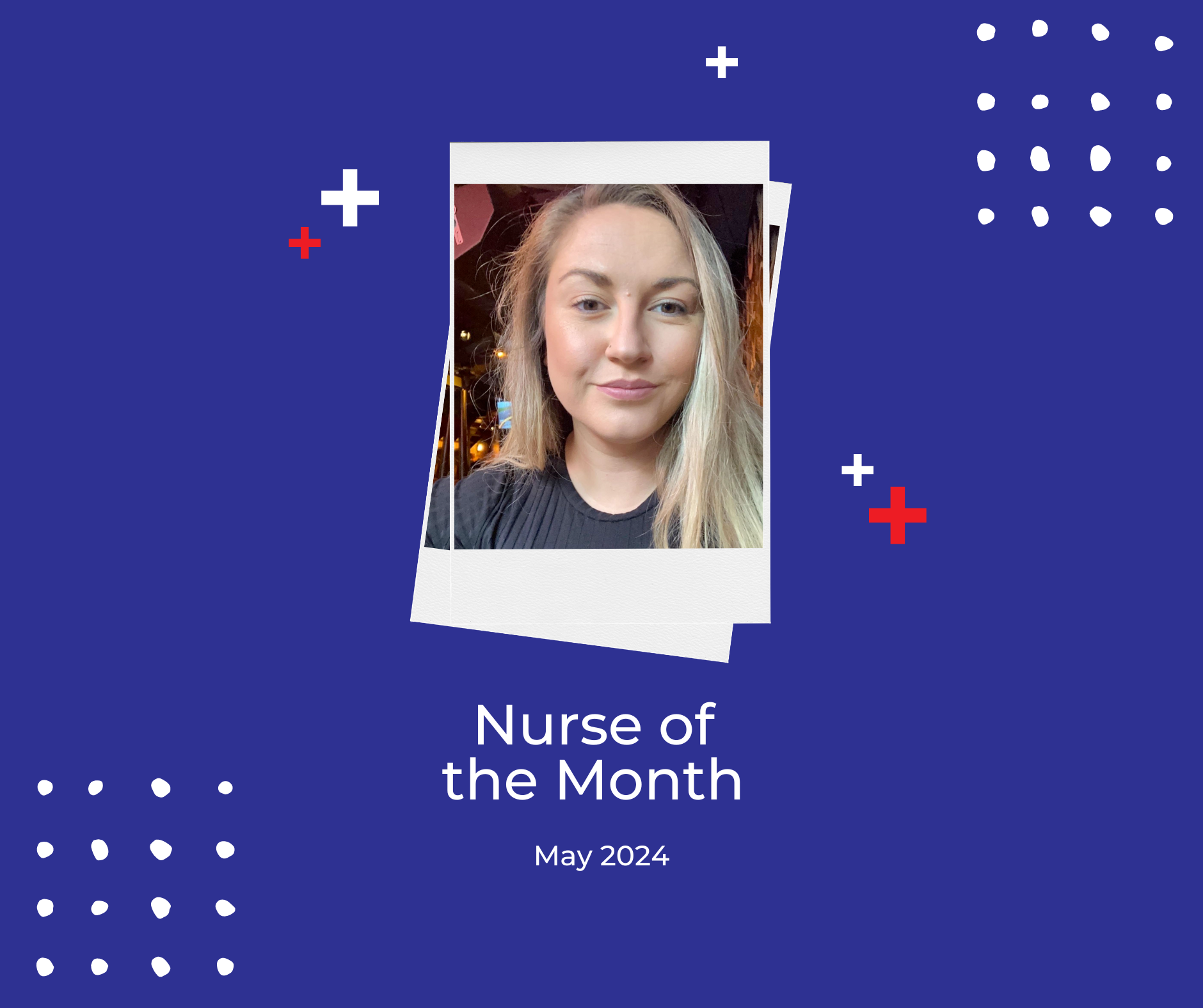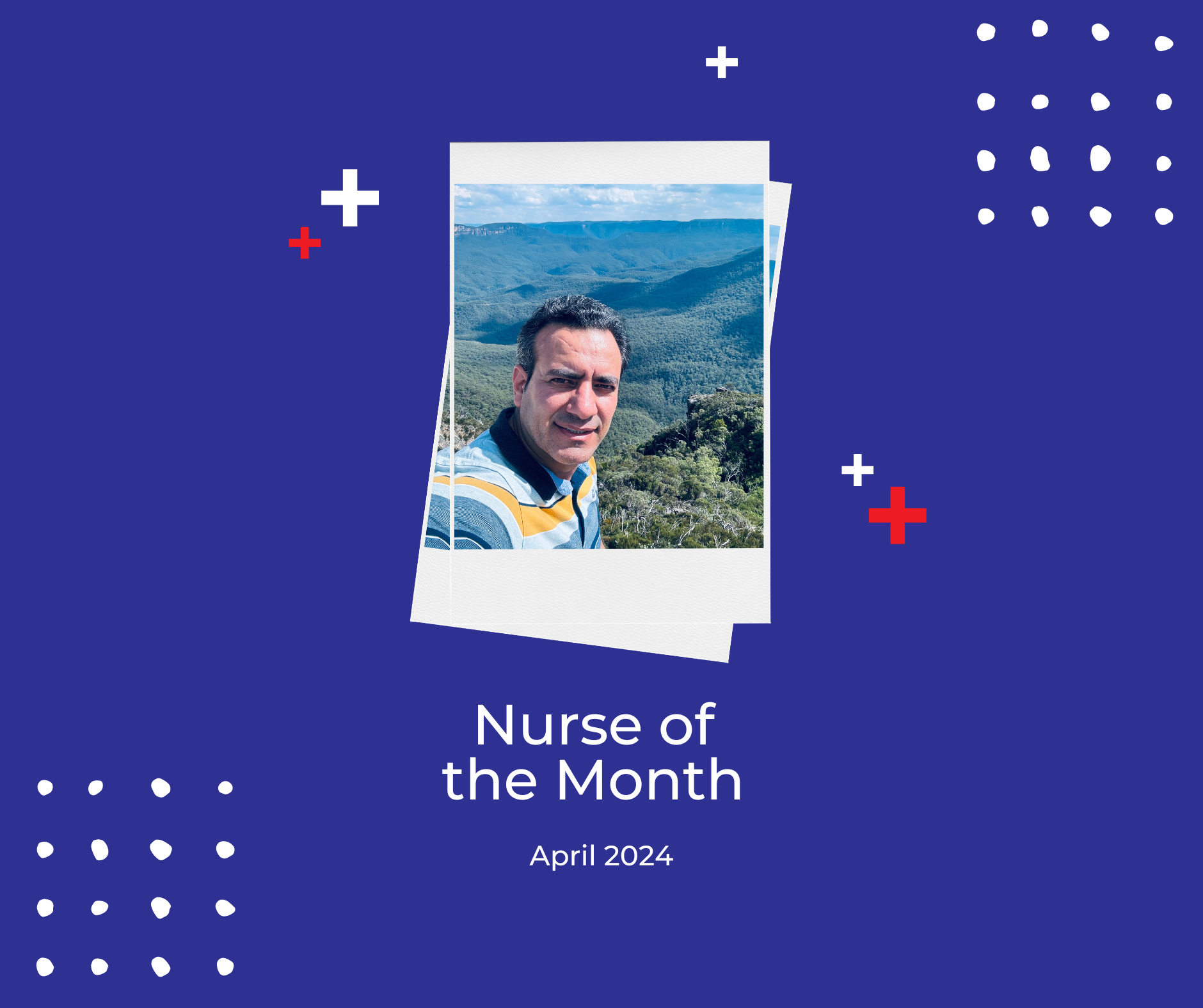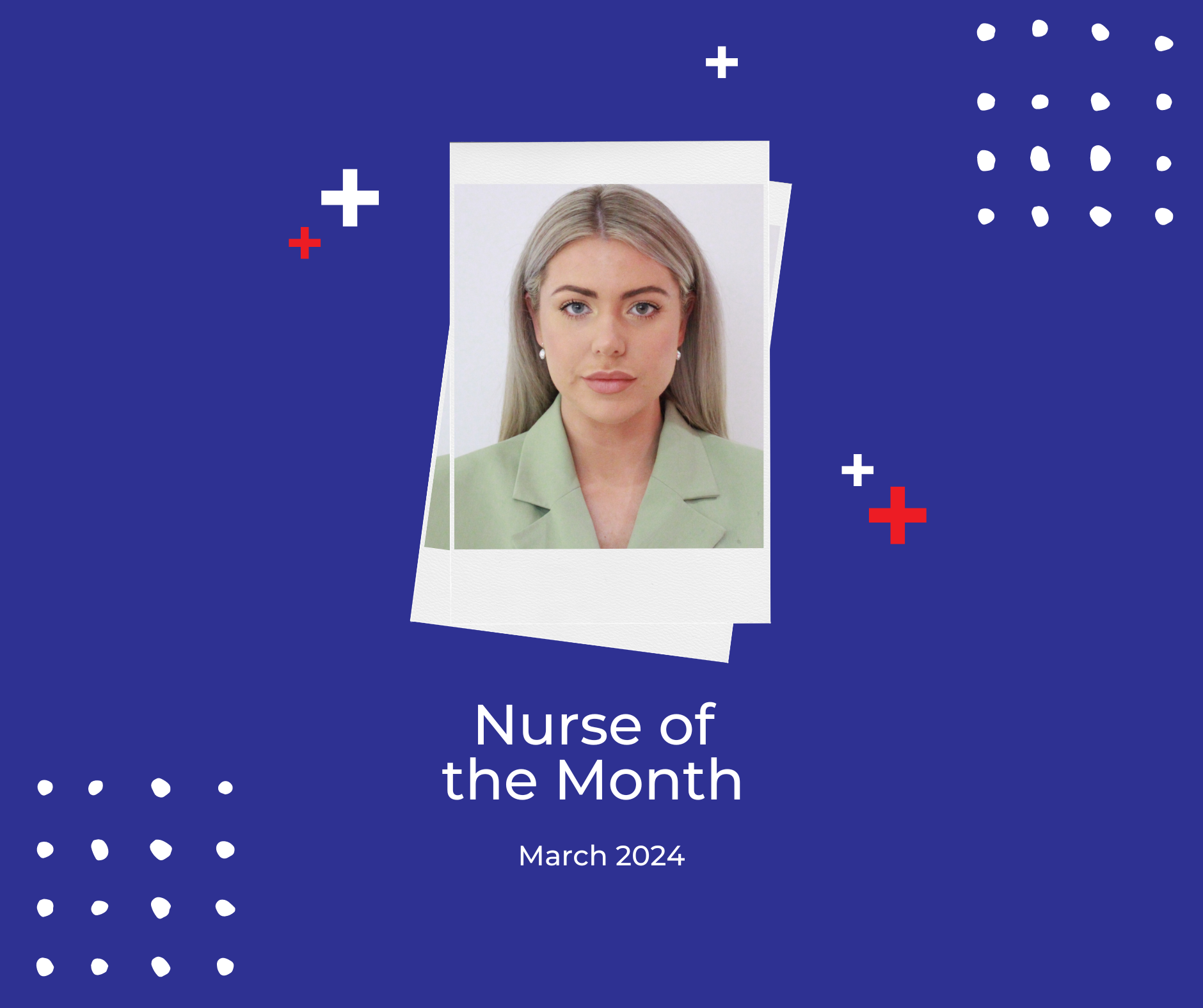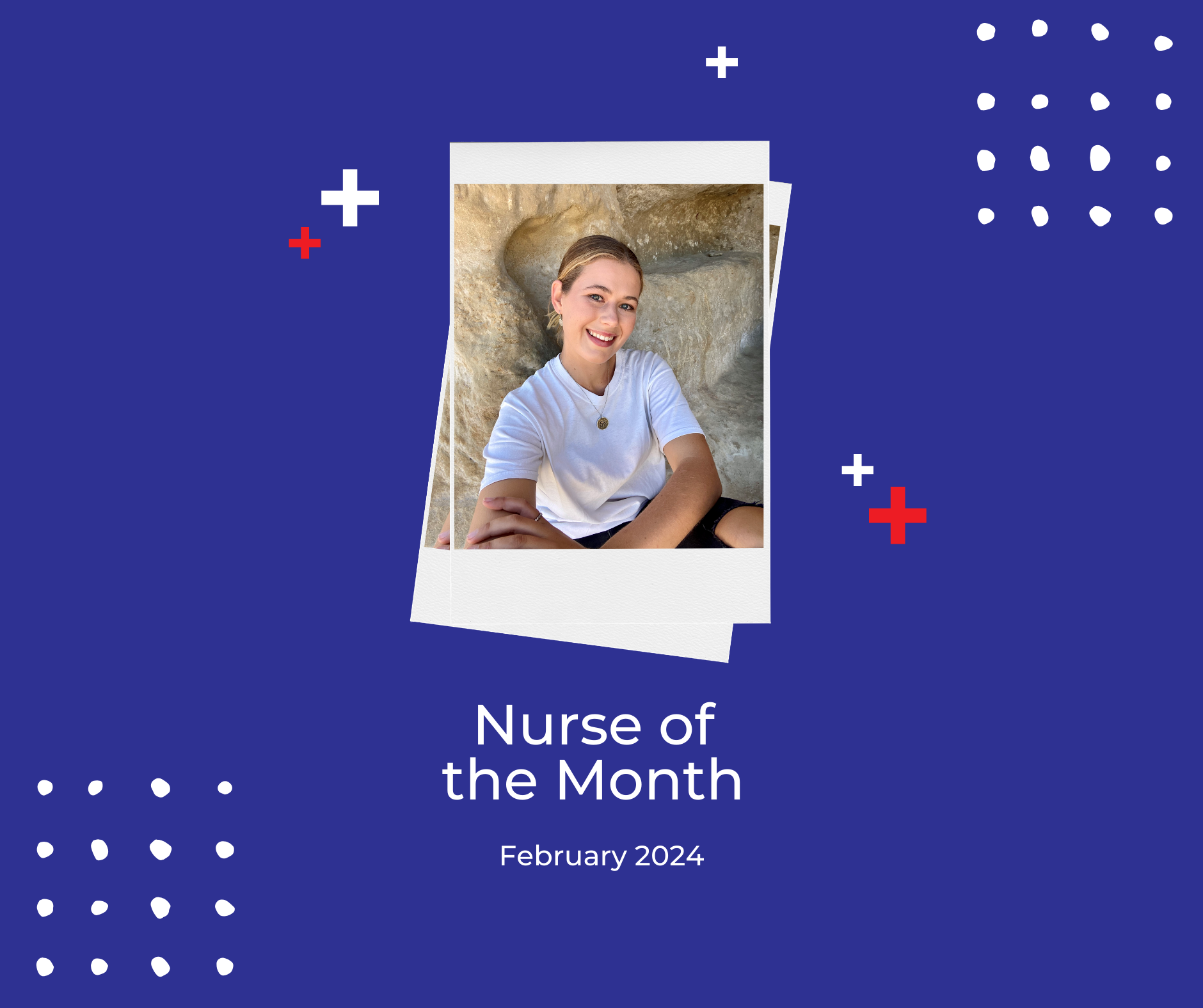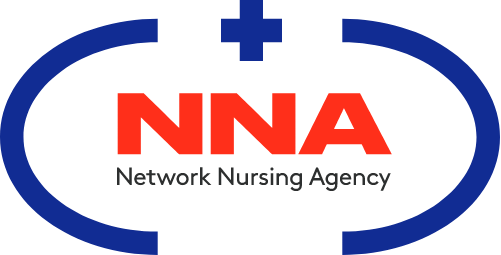Why leadership in nursing is more important than ever

Strong nursing leadership is fundamental to improving not only health outcomes for our patients but to motivate, support and manage a workforce who are still feeling the strain of the last few years. You might view your nursing leader as your Assistant Nurse Unit Manager (ANUM), but this role is not exclusively reserved for them. Nursing leaders can be found in the clinical and non-clinical environment, flourishing at all levels, including those working for a nursing agency like NNA. Nursing leaders are imperative to building a positive workplace environment, undertaking recruitment and retention of a skilled workforce, consistently reaching key performance indicators (KPIs), and maintaining a high standard of patient care despite fluctuating pressures. Let’s explore why embracing a leadership position is your perfect next step.
Why We Need Nursing Leaders
New technologies
The days of handwritten notes, paging a staff member, sending faxes, and even having a face-to-face appointment with a patient are becoming rare occurrences. New technology developments in healthcare, like the electronic medical record, surgical robotics, patient portals, telehealth, electronic scheduling, and digital communication tools are both exciting and innovative but can also be a source of fear and apprehension.
Nursing leadership is required more than ever to show all care groups how these technologies can improve patient outcomes and staff satisfaction. Attention must be given to highlighting their pivotal role in providing reports and analytics, introducing safety mechanisms, providing documentation transparency, and enabling real-time patient monitoring, which can be viewed remotely.
Nursing leaders help to create, organise and facilitate educational resources and opportunities for staff to practice and gain confidence in the digitised space. Leaders show patience, poise and empathy, particularly to experienced nursing staff who have witnessed significant changes in the nursing profession throughout their careers and are reluctant to major change. They also understand their organisations existing goals and strategic priorities in order to analyse how technology is predicted to meet these desired outcomes.
Specialist roles in nursing
As a significant portion of Australia’s population is aging, the Australian community is relying on the healthcare industry to be able to provide expertise, regardless of how complex the situation is. As the nursing profession makes up more than fifty percent of the healthcare industry, according to the Sydney Morning Herald, nursing leaders need to have the skills, proficiency and knowledge in specialised areas to advocate for evidence-based care and ensure communication barriers are addressed and overcome.
Undertaking further study and participating in skills workshops or short courses like those hosted by our partner Australian Healthcare Academy, is critical to ensuring longevity and depth of the healthcare system.
Highly skilled nurses who have specialised skills in a particular area provide a backbone which junior nurses and other healthcare professions heavily rely on. They can support the often complex aging population, actively participate in much-needed research studies, and provide care for those in our community experiencing mental health troubles and chronic disease. Having a trained nursing workforce filling specialised roles motivates and inspires others to follow a similar path, positively impacting the strained public healthcare system.
Broader view and proactive behaviour
The healthcare industry demands leaders who proactively identify challenges, develop impactful solutions through research and communication and then implement these innovations to create a more effective, safer healthcare environment. They embrace change and encourage others to not fear the unknown.
Nursing leaders passionately guide their team by interpreting data, managing budgets, reviewing and developing policy and procedure whilst at the same time, juggling staff’s timetables along with their professional and personal commitments.
They manage conflict which could occur between staff members, a member of the public, or a healthcare provider, to make sure all parties feel heard and valued. Through many years of experience, in a variety of health settings, nursing leaders are capable of managing these complex clinical situations and/or managerial decisions because they understand the risks and likely outcomes.
How can you become a leader as a nurse?
Any nurse can become a strong, responsive leader who is respected by their peers and the community. Though some leaders in nursing have undertaken significant study, this is not the path you must take to create change. Start by observing a nurse leader you admire and strike up a conversation about how you can get more involved. Then consider taking a course or signing up for a workshop to finesse your leadership skills. Once you feel prepared and empowered, you’ll begin to embrace new opportunities and start asking why things are done in a particular way and how we can make the healthcare experience better for everyone.
If you’re currently working with us and looking to improve your skill set, get in contact with us today.
If you’re looking for unique working opportunities to advance your nursing career in Sydney, register your interest with us here.
